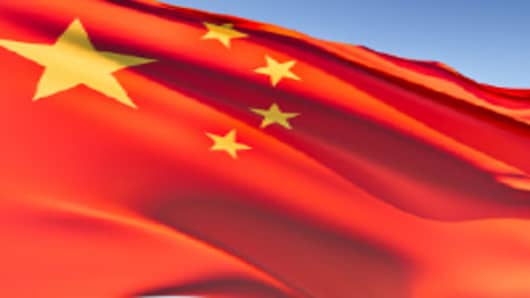News on Tuesday that the SEC (Securities and Exchange Commission) is investigating Chinese reverse mergers spotlights something I’ve been saying for months if not years: Buyer beware.
I can’t stress that enough, especially with the recent frenzy over Chinese IPOs.
Not that many Chinese IPOs shouldn't be viewed with skepticism. But unlike IPOs, which must pass regulatory and investor muster, reverse mergersgo public through the backdoor by merging into the existing shells of penny stocks.
At last count, there are around 300 reverse mergers trading in the U.S., many of them on the Nasdaq or even the NYSE.
Most are small and generally slip through the cracks of scrutiny, but in all their market value is around $30 billion—or more than the likes of Fedex and Panasonic.
In recent weeks there have been a number of blowups based on accounting scandals, including Rino International, a maker of pollution control equipment that started its life as Jade Mountain Corp. It was de-listed by the Nasdaq after it failed to answer questions regarding allegations of fraud and is now the focus of an SEC probe.
The SEC is also investigating China Sky One Medical (originally known Comet Technologies) and Fuqi International, which has received a de-listing notice from Nasdaq. According to an excellent story on Tuesday in TheStreet.com, the SEC has shown interest in at least six additional companies.
Unrelated from investigations, another I find interesting: L&L Energy, which has been acquiring coal mines in China.
My interest, all found in company documents and/or Internet searches, include:
- L&L was founded in 1995 as Royal Coronado, a shell looking for business. While not technically a reverse merger, it has similar attributes.
- It has morphed into a coal mining company in China.
- According to company filings, CEO and founder Dickson Lee (who had started a broker-dealer called Century Pacific Securities) also has had run-ins with securities officials in New Mexico, California and Connecticut.
- He was fined $65,000 by FINRA and banned from the securities industry for a year.
In January L&L hired Clayton Fong as its vice president—US operations (for this China coal company). By July, Fong was the company’s key presenter at an investment conference.
Not disclosed by L&L but easily found via an Internet search: In 2009 Fong was ousted as the longtime CEO of the National Asian Pacific Center on Aging after engaging in what officials of the organization told reporters was “a pattern of behavior and conduct of great concern to us.”
There’s plenty more, including related party dealings (one of Lee’s brothers is on the board; another is general manager of L&L’s Chinese operations.)
And from the "potentially too curious for comfort" file:
- In 2009 Lee donated one million shares to the Chung Yuan Christian University Development Foundation. A few month later, an official of the foundation became L&L’s acting chief financial officer.
- In November L&L loaned $3 million to a Colorado coal mine. L&L boasted the loan “is an exciting first step that extends the company onto the global stage.”
Finally, in August Norman Mineta, the former Transportation and Commerce Secretary of the U.S., joined L&L’s board. This kind of plumb snare aren’t unusual for companies looking to create instant credibility.
Time will tell whether L&L deserves it.
Questions? Comments? Write to HerbOnTheStreet@cnbc.com



